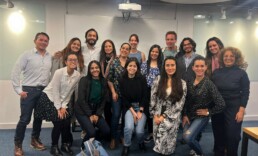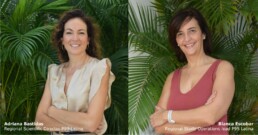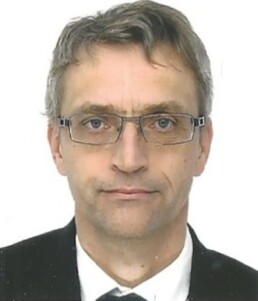P95 Latina team meets in Bogota
P95 Latina team meets in Bogota
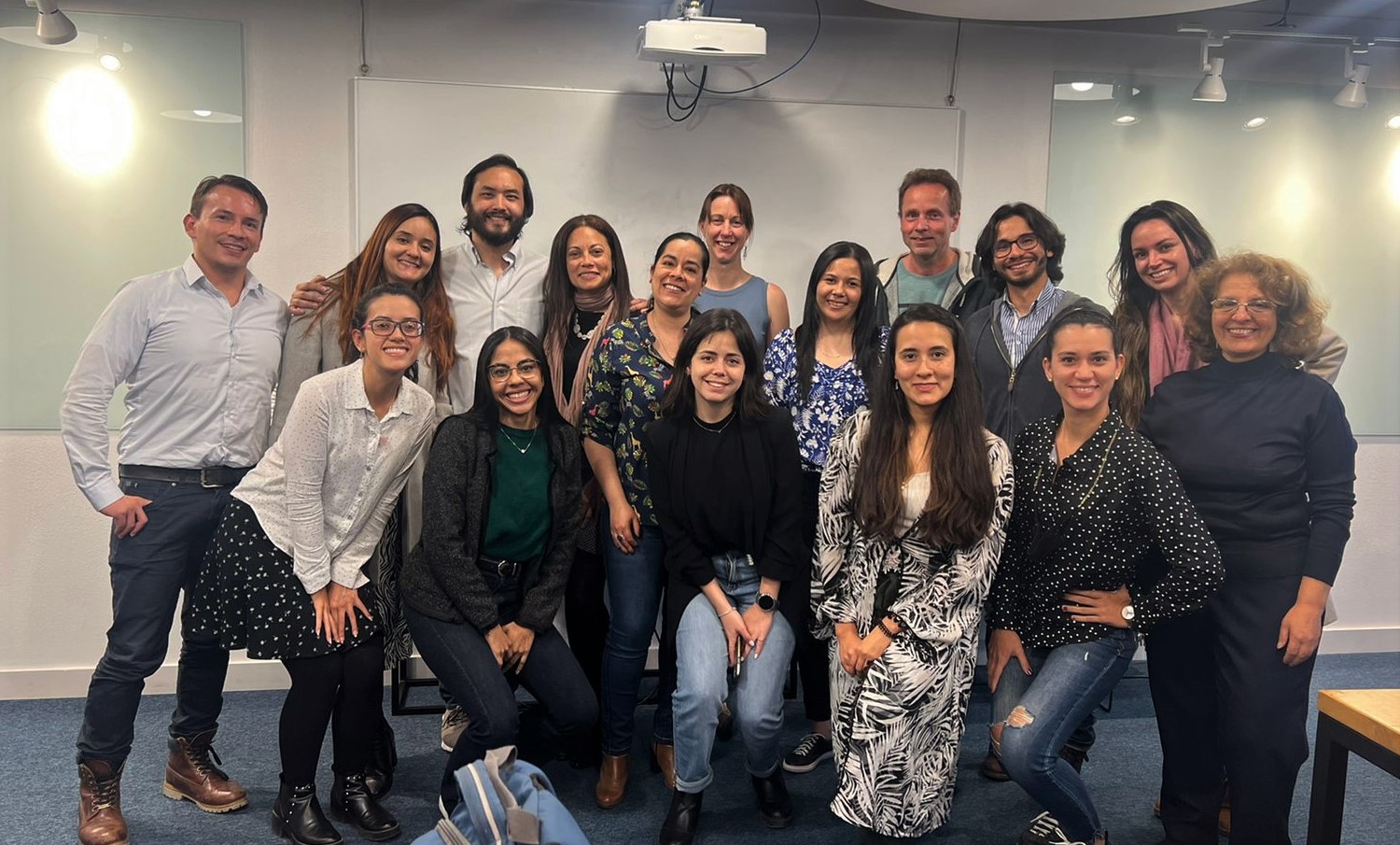
On the week of May 16th to May 20th, some of the Epidemiology and Medical Writing team leads met the P95 Latina team in Bogota for a productive work week, which also included presentations from each team member sharing their experiences in different P95 projects and, of course, some quality in-person time together. The team also took this opportunity to celebrate the first P95 Latina anniversary, and we hope this was the first of many more celebrations of our company's growth in other parts of the world.
“We saw in Latin America a hub of talented professionals in epidemiology and research”
“We saw in Latin America a hub of talented professionals in epidemiology and research”
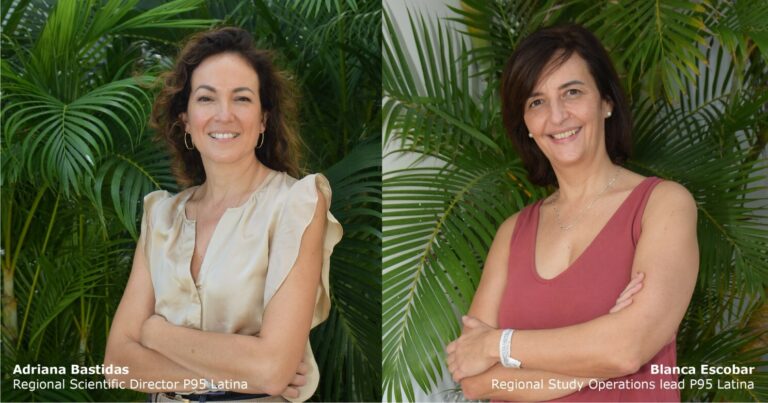
Expanding to a different region is the dream of any growing company. For P95, the opportunity arose last year, when Adriana Bastidas, Regional Scientific Director and Blanca Escobar, Regional Study Operations lead, took on the challenge of creating P95 Latina, the first branch office of P95 outside Europe. Based in Colombia, where an important hub for clinical research and epidemiology in the region was identified, P95 Latina started operations in April 2021 and now counts with nine epidemiologists and one medical editor. In this interview, Adriana and Blanca explain the process of creating P95 Latina, its challenges, and its future.
Q: Why did P95 decide to expand to Latin America?
A: There were parallel interests that came together and created a perfect “symbiosis.” On the one hand, P95 had the idea of expanding to another geographic location to increase the geographic capacity in terms of projects and human resources. On the other hand, as Latin Americans with 20+ years of work experience in Europe, we wanted to take the skills and knowledge acquired to train people there and at the same time create work and development opportunities in the region, as well as link talented professionals with international epidemiological and clinical research companies and networks.
The idea of establishing a branch office in Latin America was a combination of both interests, and the decision to do it in Colombia was because we identified it as an important hub of talented professionals in epidemiology and public health. Clinical research centers in Colombia have shown significant development in the past 15 years and have become important for studies in Latin America and there is an open spirit to learn and further develop in epidemiology and clinical research. Also, Colombia has a large population (≈50 million people), regulations facilitate the establishment of foreign companies, and the country has had a very stable economy for more than two decades.
Q: How has the process of creating a new hub on the other side of the world been?
A: We started working with research centers and universities, which has been very interesting and enriching. It helped us confirm what we knew about Colombia: it is a country with a lot of interest in creating knowledge and professional networks. The researchers, professors, and coordinators have been very open and receptive to the idea and facilitated the process. In fact, they are very interested in a continuous collaboration.
Opening the branch in administrative and legal terms was also relatively easy. With the help of some personal contacts in Colombia and the Flanders Investment & Trade organization (FIT), we were quickly connected to several Colombian organizations, which facilitated many administrative aspects and decisions. Furthermore, Colombians are quite receptive towards development and business.
Q: What has been the most difficult and the most rewarding aspect of this process?
A: We have felt very welcome. The most rewarding thing has been identifying and creating a work team with very capable, committed professionals with a thirst for knowledge and progress. It has been especially gratifying to see how the group has integrated into P95 in such a short time, despite the distance and the challenges it poses. Also, it is encouraging to see all that has been done for research and training in epidemiology and clinical research in Colombia, resulting in leading study centers that know very well what they do (with international standards). There are many collaboration opportunities not only in the country but also in Latin America.
As there is so much potential for collaboration, perhaps a nice challenge rather than a difficulty (we see it as a luxury problem) is to identify the most efficient way to integrate local and regional project opportunities into the company's short-term global strategy.
Q: How do you see the near future for the Latin American hub? Are there plans to expand to other countries in the region?
A: The hub in Colombia is called P95 Latina because, since its creation, the intention has been to have this location as a center for Latin America. The near future includes increasing professional capacity, deploying more epidemiological studies in the region, and creating new collaborations with universities and research centers in Colombia and across the entire region.
“I want people to know that P95 has an important role in the improvement of public health worldwide”
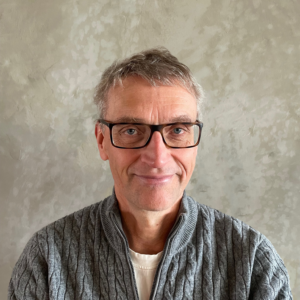
Ten years after being founded and two years after experiencing an unprecedented growth that even led to its expansion in Latin America, P95 received its first nomination to the Trends Gazelles. This award recognizes the fastest-growing companies in Belgium on the basis of their growth in three areas: added value, staff, and cash flow. For Tom Verstraeten, CEO of P95, this nomination “means that the growth we’ve experienced in the past year is becoming visible at the public level, which is really good.”
Indeed, visibility is one of the benefits that the Trends Gazelles nomination brings to the company. According to our CEO, “this also makes P95 more attractive for potential investors and clients that may want to do business with us. I now get emails from people saying, ‘I see you’ve been listed; do you need a board of directors? Do you need a commercial officer? I can help’. Now, more people can see that we are doing well and that we’re not just any company. P95 will feature in a long list with other successful companies.”
From the business perspective, adds Tom, getting to know some of the companies on the list of nominees brings an opportunity to learn more about what other firms outside our network are doing. “I looked up a few of the other companies on the list and some of them have developed very rapidly. Among those, you see quite a few IT companies that develop software for very specific businesses. You also find companies that create a business out of things you wouldn’t have thought of. We have limited interaction with other sectors, but this nomination gives us access to other people and allows us to learn from what they do and how they make their businesses grow.”
For those who are finding out about P95, Tom wants them to know that “this is a young and innovative company, scientifically driven, and a good place to work, because we are competitive on the job market, and this is a place where people can develop themselves and gain experience. Finally, I hope people see that we have an important role in the field of public health, that we are contributing to the improvement of public health all over the world. Yes, it’s a huge world and we are just one player, but we are doing our part, just like other players are doing theirs.”
According to Trends Gazelles, the nominated companies are not only a “source of energy to the economy” but also an “inspiration to other entrepreneurs”. For those who might need inspiration, P95’s CEO shares his advice, “if you’re willing to work hard, you’ll make it. This is what I always tell people who seek my advice on how to start work on their own. There’s work to be done everywhere, and there’s a shortage of hard-working, well-intended, qualified people. But you also need flexibility. When I started, I thought that it would be all about pharmacovigilance, but then I realized that there was a bigger need in epidemiology. Many people, like me, have an idea and think it is a critical need, but then it turns it’s not exactly what you thought it needed to be, so you need to be flexible. You have to trust yourself and know that if you do good work, there’s going to be plenty of work for you.”
